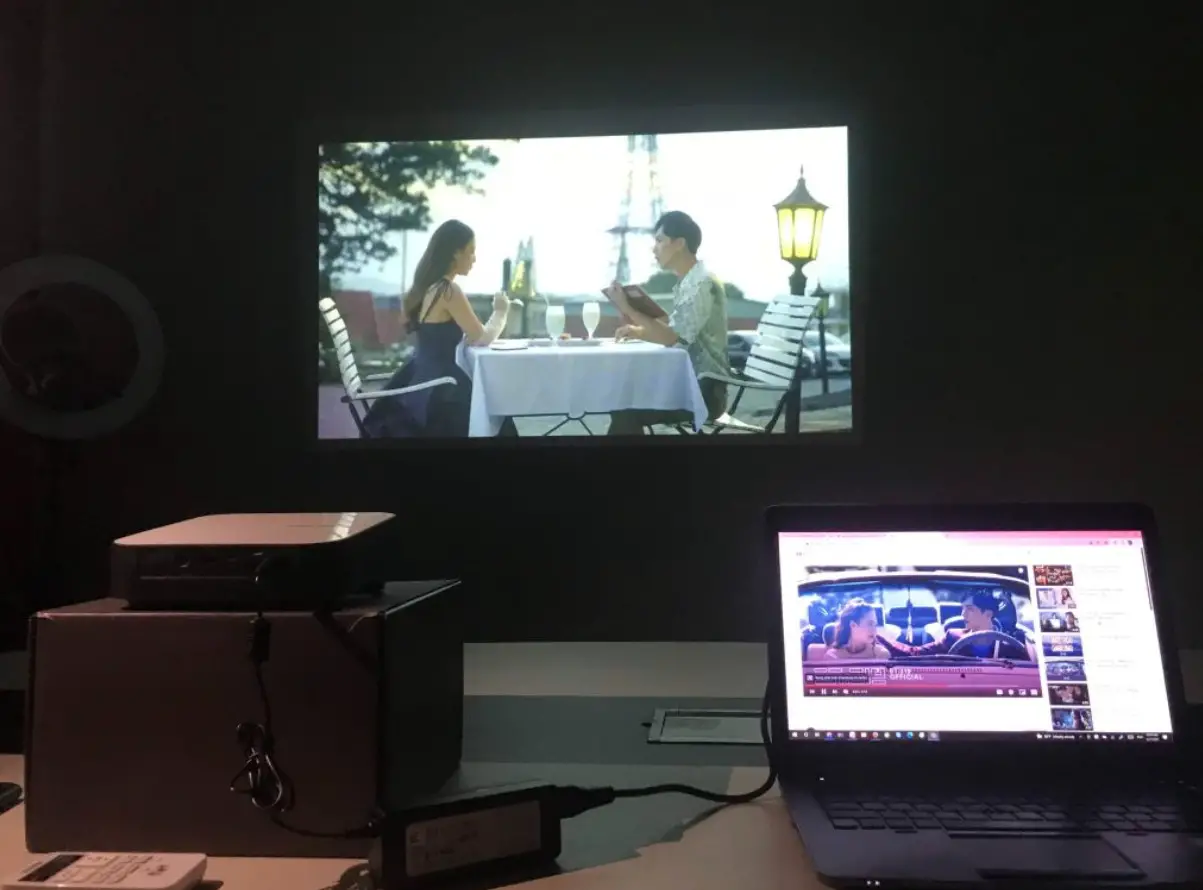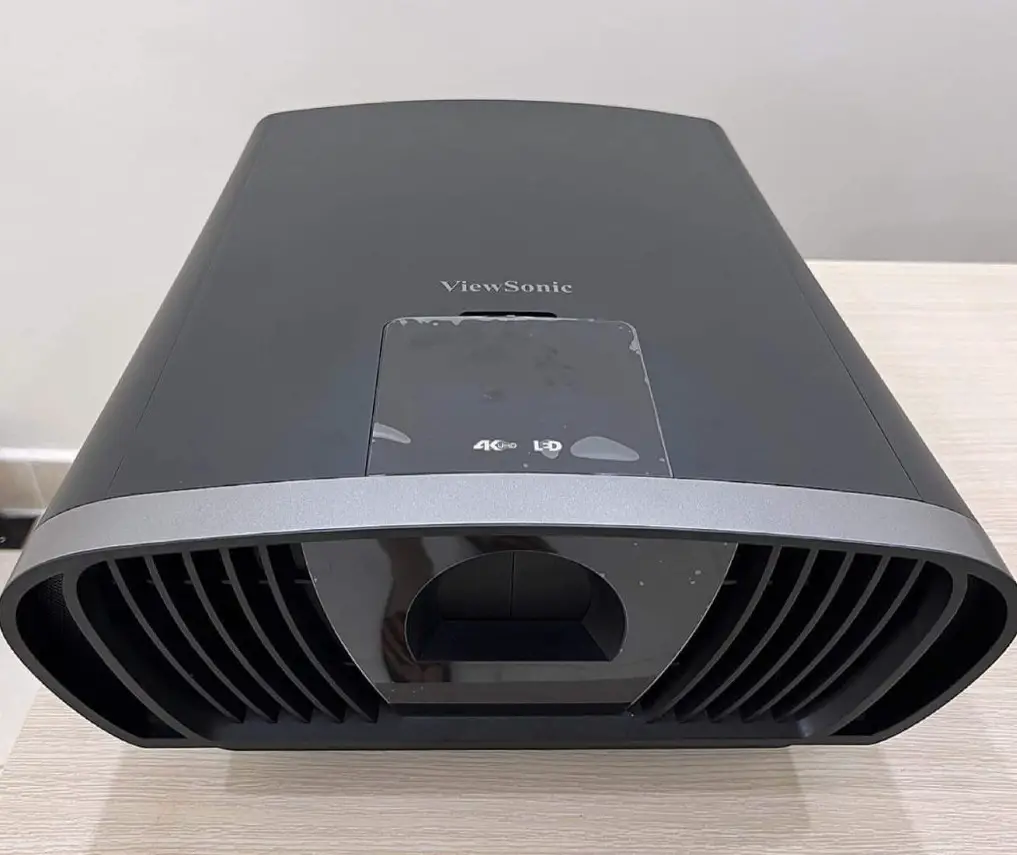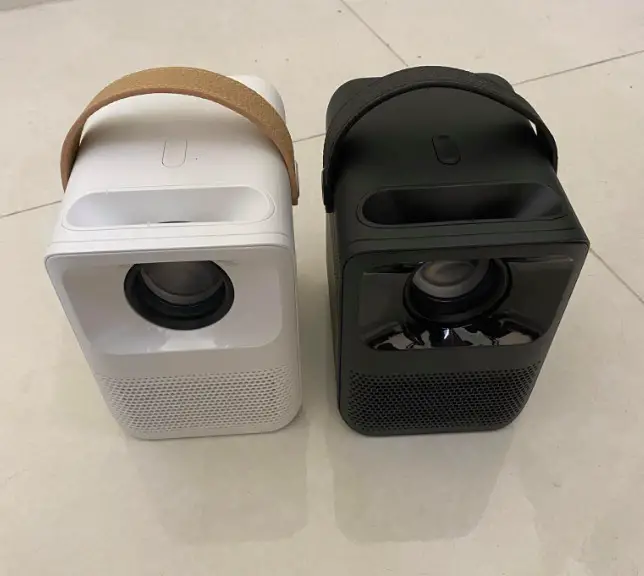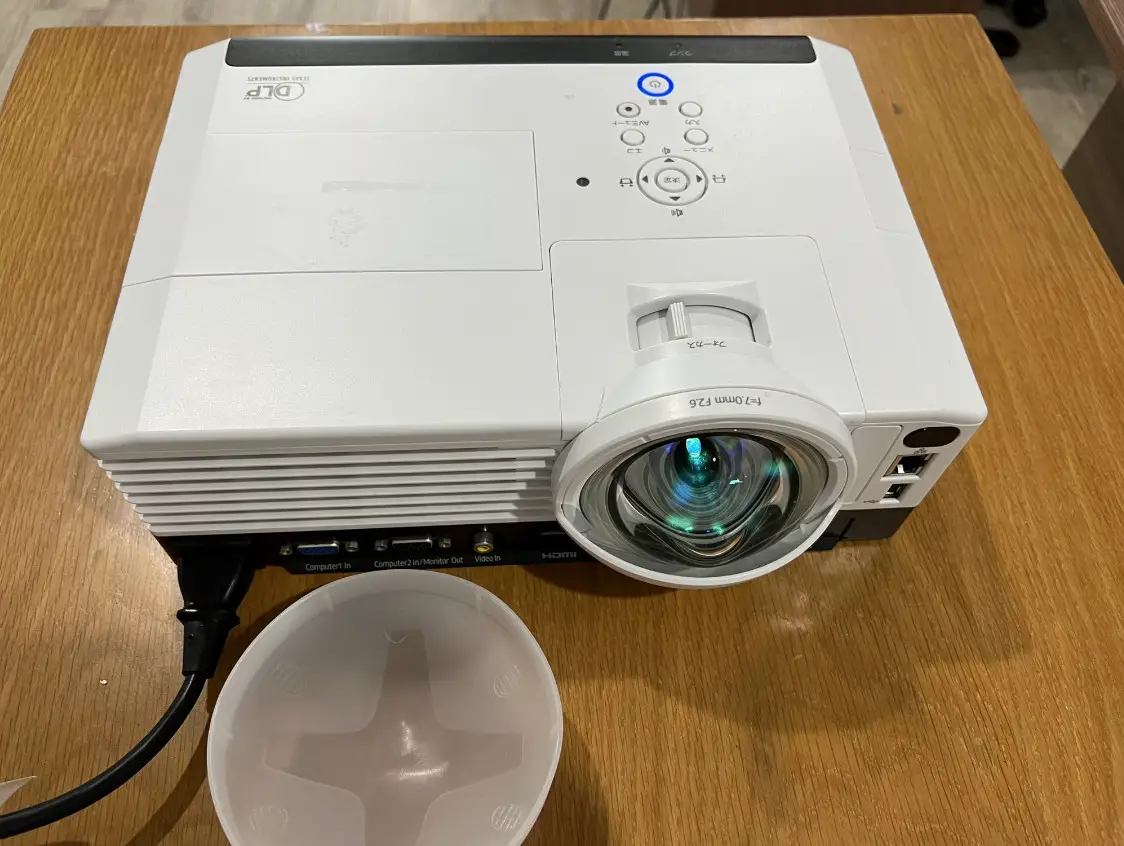How many Lumens for daytime projector?
Watching movies on projector screens has now become one of the hobbies of everyone, especially for young people. Some of them have little experience in projector selection and often raise many questions.
So, how many lumens for a daytime projector? Around 2,500 lumens will be the lowest limit for outdoor projectors to ensure sharp and clear images.
Even if you’re projecting movies in bright sunlight, a 120,000 lux projector will be the best. Specific information and reasons will be in this article.
Contents
The Role Of Brightness To Project In Daylight
You want to use the projector for different spaces, not just in a dark room. Furthermore, daylight can cause the resulting image to be blurred.
Therefore, you should consider the following factors to choose the best product.
Brightness in Lumens

Lumens or lux is a unit used to measure the intensity of light per unit area. You probably already know daylight has a brightness of about 120,000 lux.
For electronic devices such as projectors, you need to use lamps with more lumens, the greater the light intensity.
Therefore, if you want to see the image on your projector screen, you need to choose a projector with as bright a lamp as possible.
It allows you to project photos and videos outdoors while having ambient light, daylight, or large, well-lit places.
Conversely, if you have a low-light projector, you need to consider pitch black, dim lights, and reflective screens that make it easier to see the image.
Related:
– How to connect the Epson projector to the Laptop?
– How To Connect RCA Projector To Phone?
Consider The Application
Like the above, the number you need to consider will be the projector’s location and mission.
An electronic device needs about 2,500 to 3,000 to project an image with ambient light. This number is the bare minimum of what a product should have.
If you need to play or show movies and videos with dark images, you need devices with greater brightness.
The projection screen can also have a wide white space, and the number can also be determined in part by the diagonal image size.
Typical Room Brightness Considerations
If you use the projector in a room, you need to consider the characteristics of each specific room type.
It can range from low brightness, high brightness, and even pitch black, respectively, for home and commercial cinema.
Moreover, you can also choose a projector with medium brightness if using it for a conference room. You’ll need a high-brightness light if you need to project movies in a yard or a well-lit place.
As such, a device needs to provide enough light to help compensate for the amount of light that has been taken away by natural light or by lights.
At this point, your eyes will be able to adjust to what can be seen.
How Many Lumens For A Daytime Projector?
A 2500-lumen projector can project in daylight. Meanwhile, a 3600-lumen projector is an ideal number recommended for creating a harmonious combination of brightness, contrast, and color.
I have discussed the factors that affect projector image quality in the above section. Therefore, I will clarify the answer to the question “How many lumens for a daytime projector” with different types of space.
Dark Cinema Rooms

Currently, new projectors released on the market in 2010 are with a brightness of at least 1,000 lumens. It allows you to watch movies comfortably in a dark room without obstructions that make it difficult to see.
In the past, products with only a few hundred lumens were enough for you to watch movies in a dark or pitch-black room.
However, the development of modern technology allows you to have a better experience when increasing the brightness to match the resolution it offers.
You will easily see the pixels and have the greatest, clearest realism, especially for Ultra HD devices.
Brighter Rooms
A room with lights will be the space choice of many people when they don’t like being too dark.
In this case, you need a device with a brightness greater than 1,000 lumens. On the contrary, if you do not equip a similar device, blurry, not sharp images will occur when you turn on the lights in the room.
Furthermore, you will need one with a brightness of at least 2,500 to 3,000 lumen when the room has more light.
It works against the overwhelming light to keep the sharpness and performance of the device. Especially if you need to equip and look for a projector for a conference, then 4,000 lumens or brighter one will be the ideal choice.
Dealing with Daylight Projection
Daytime projectors will need at least 3,000 to 4,000.
It allows you to watch movies or TV shows outdoors with ambient sunlight.
When you need to host an outdoor party with the highlight, you need 5,500 lumens for standard projectors. It will fit extremely large Ultra HD images.
Daylight Screen
The screen is also an important device. You might note the type of ambient light rejection or ALR.
They do their job by redirecting natural light elsewhere and reflecting the light in the device to the viewer. It means that the device creates an appropriate angle between objects.
Questions and Answers
Are 1000 lumens projectors bright enough?
If you use a version with 1000 lumen, your best advice would be to equip it for a dark room. Rooms with lights will need at least 1,000 for the best picture quality.
How many lumens should outdoor projectors have?
In case you need to project movies or pictures at night, the best projectors are those with 2,000 to 2,500. Conversely, if you use the device in the morning, about 3,000 or more will be perfect.
Are 4000 lumens good for outdoor projectors?
A 16×9 ft screen will require a minimum of 3500 minimum, and 4000 is an ideal choice.
How many lumens are cinema projectors?
Home cinemas typically feature projectors that range in brightness from around 1,000 and up to over 2,500. Meanwhile, commercial theaters will have projectors with brightness in the 40,000 to 60,000 range.
Conclusion
The above article has given you a detailed answer. Hopefully, you’ve been able to answer the question: “How many lumens for a daytime projector?”
If you have any questions regarding the topic of the article, do not hesitate to ask us questions in the comments below.
Besides, each share of this article on social networks is also a strong motivation for us to provide valuable articles. Thank you for reading!





